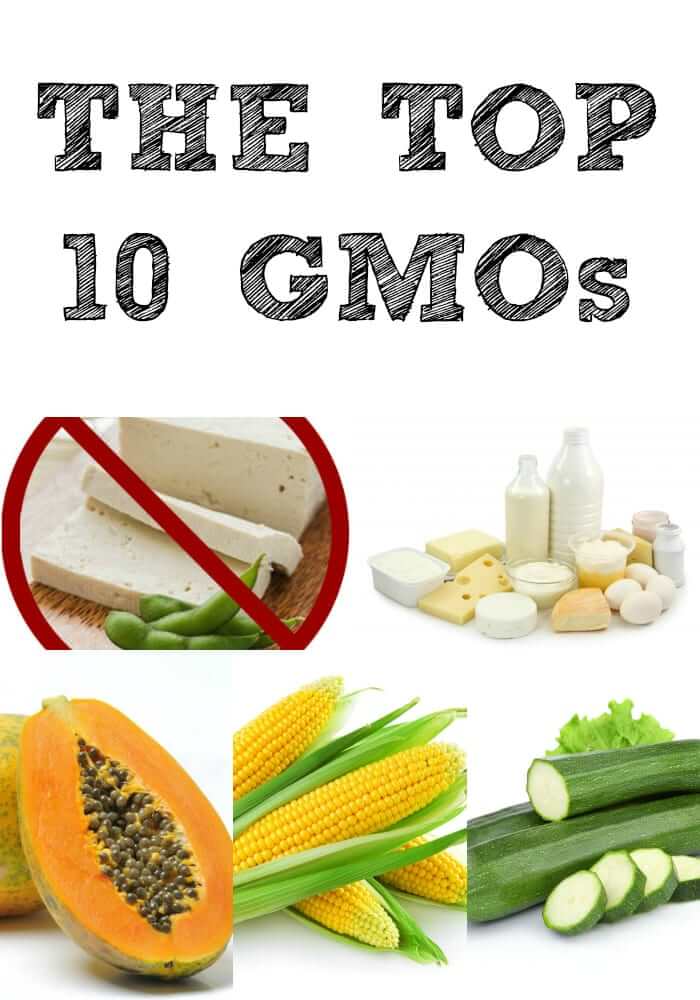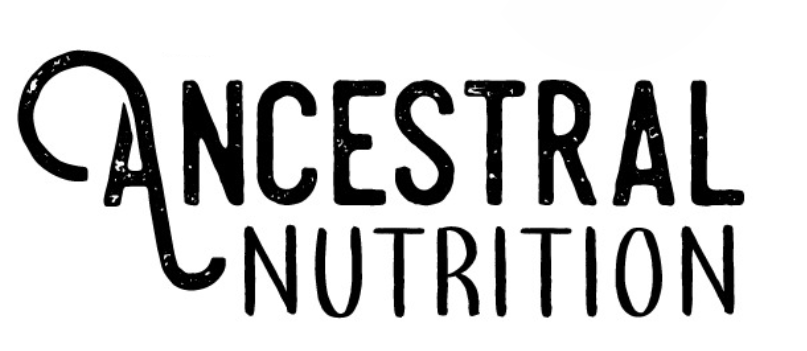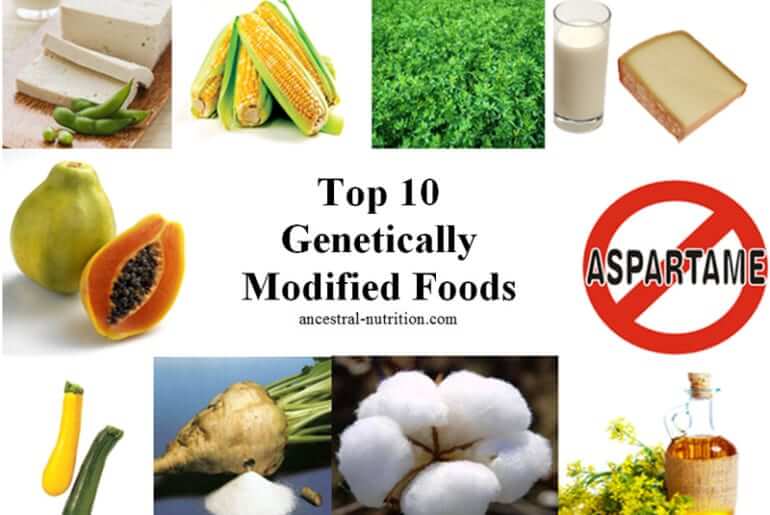1. Soy
2. Corn
3. Canola
4. Sugar Beets
5. Dairy from CAFO cows
6. Zucchini and summer squash
7. Cotton
8. Alfalfa
9. Papaya
10. Aspartame
Genetically modified foods are dangerous, and they sure as hell scare the crap out of me both from a health and environmental perspective. Not just due to the toxic effects, but the corporation behind genetic modification: Monsanto. Monsanto got its start in 1901 producing the artificial sweetener saccharin. Since then, Monsanto has developed and distributed numerous carcinogens including PCBs, DDT, Agent Orange and Roundup, all of which are now banned, excluding Roundup (though it should be). In 1994 Monsanto received approval for Posilac, a growth hormone for dairy cows (growth hormones in cows have been linked to cancer). Monsanto went on to create genetically modified seeds and are now the largest producer of GM seeds, cornering 90% of the market.
Are GMOs Safe?
I am deeply skeptical of any and all food that has been processed and/or developed in a lab. This is about as far away from real food as it gets. Even without taking genetic modification into account, these crops have been heavily sprayed with glyphosate, the toxic ingredient in Roundup. GMOs are genetically engineered to withstand this harsh chemical, which would normally kill plants and seeds. A researcher from the National council for Scientific and Technical Research who is also the director of the Molecular Embryology Laboratory indicates that glyphosate, the main ingredient in Roundup, can cause brain, intestinal and heart defects in fetuses, even when accounting for lower doses than what is ingested from sprayed crops.
The Institute For Responsible Technology reports that glyphosate:
- binds with nutrients, depriving plants of vital minerals
- interferes with photosynthesis and reduces water efficiency (not so environmentally friendly)
- has been linked to infertility
- actually increases the need for herbicide use
- promotes more than 40 plant diseases
- is not biodegradable (which means it ends up in our streams, rivers and oceans)
Genetically modified food has been linked to infertility, cancer, aggression, allergies and even tumor growth. A French Study was conducted involving 200 rats and spanned two years; most studies on GMOs span 90 days. The study involved feeding the rats Roundup Ready corn.
“50 percent-80 percent of the females had developed large tumors compared to 30 percent in the control group.” As for males, “Liver congestions and necrosis were 2.5 to 5.5 times higher than in the control group … [and] there were also 1. –2.3 times more instances of ‘marked and severe’ kidney disease.” Overall, among the rats receiving GMO and/or Roundup, “Up to 50 percent of males and 70 percent of females died prematurely, before deaths could be put down to normal ageing, compared with only 30 percent and 20 percent in the control group.” Source
The rats also developed severe tumors.
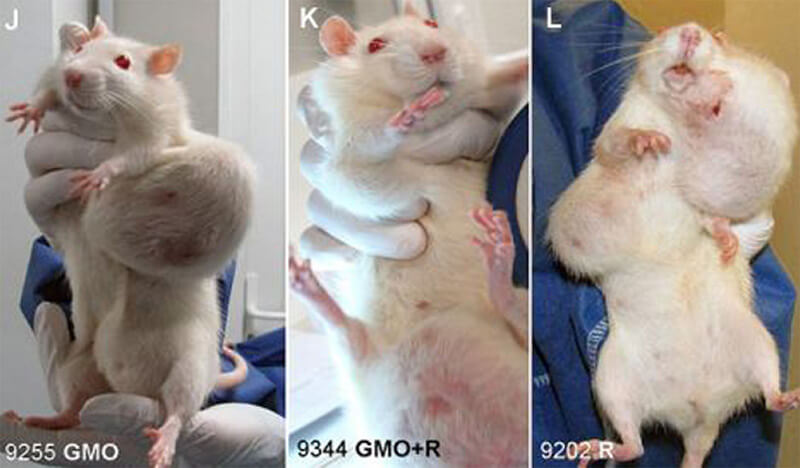
While many have called this study flawed, it’s actually extremely thorough. Approaching it from an unbiased perspective, even if it were slightly flawed, look at these rats. Look at these tumors. No food has had such a significant effect. But even NIH acknowledges the dangers of GMOs.
The results of most studies with GM foods indicate that they may cause some common toxic effects such as hepatic, pancreatic, renal, or reproductive effects and may alter the hematological, biochemical, and immunologic parameters… The use of recombinant GH or its expression in animals should be re-examined since it has been shown that it increases IGF-1 which may promote cancer. Source
The International Journal of Biological Sciences indicates that GMOs have a negative impact on both the liver and kidneys, two very important organs that detoxify the body.
I’ve written about this study from The Institute For Higher Nervous Activity Neurophysiology that found,
High pup mortality was characteristic of every litter from mothers fed the GM soy flour. Pups from “GM-soy” group have higher mortality and third of them were sick and weighed several times less than pups from the control groups.
Regarding temperament,
Obtained data showed a high level of anxiety and aggression in rats from GM-soy group: females and rat pups attacked and bit each other and the worker, who took care of them.
Do GMOs increase yield potential?
We’ve all heard it before: that genetically modified crops are going to feed the world. Monsanto markets GM seeds as safe, returning a higher yield by producing more and better crops than non-GM seeds. As it turns out, GM seeds do not increase yields.
From the The Institute for Responsible Technology,
The International Assessment of Agricultural Knowledge, Science and Technology for Development (IAASTD) report authored by more than 400 scientists and backed by 58 governments, stated that GM crop yields were “highly variable” and in some cases, “yields declined.” The report noted, “Assessment of the technology lags behind its development, information is anecdotal and contradictory, and uncertainty about possible benefits and damage is unavoidable.” This assessment was based on a comprehensive evaluation of yield since the introduction of commercial GM crops.
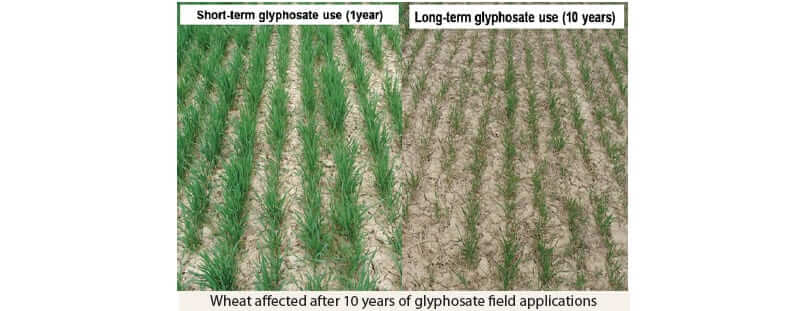
Even the US Department of Agriculture has said,
GE crops available for commercial use do not increase the yield potential of a variety. In fact, yield may even decrease…Perhaps the biggest issue raised by these results is how to explain the rapid adoption of GE crops when farm financial impact appears to be mixed or even negative. Source
GM seeds do not produce higher yields and are not more environmentally friendly. GM seeds have to be repurchased every season and require more water and fertilizer (both of which are often scarce in third world countries). The severity of this situation has led to a mass suicide situation in India, where farmers take their own lives due to the debt they are left with from growing Bt cotton. You can read more about this terrible situation from Dr. Mercola’s first hand account of it.
What can you do?
- Remember that who controls the food controls the people.
- Buy organic, buy local.
- Limit or eliminate processed food.
- Get to know local farmers and build a relationship with them. Get to know your food.
- Go to the farmers market. Cook your own food.
- Read ingredients! If any of the above listed GMO heavy crops are on the list and aren’t specifically listed as organic, they are genetically modified.
Do you have any other ideas for avoiding GMOs? If so, comment and let us know! And please share this post on Facebook, Twitter and Pinterest. Let’s spread the word on GMOs!
